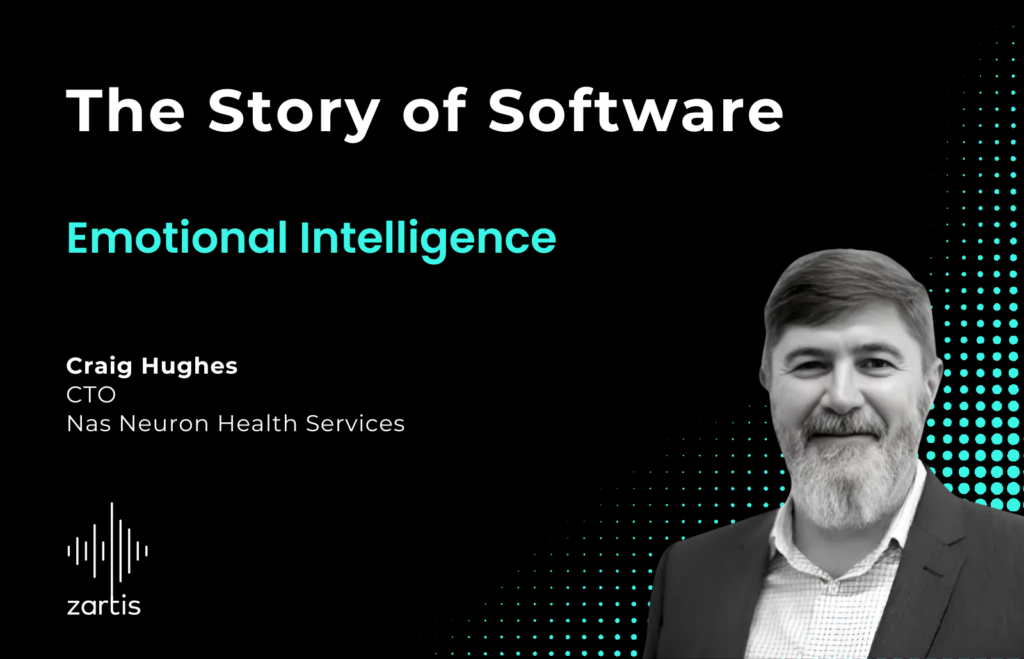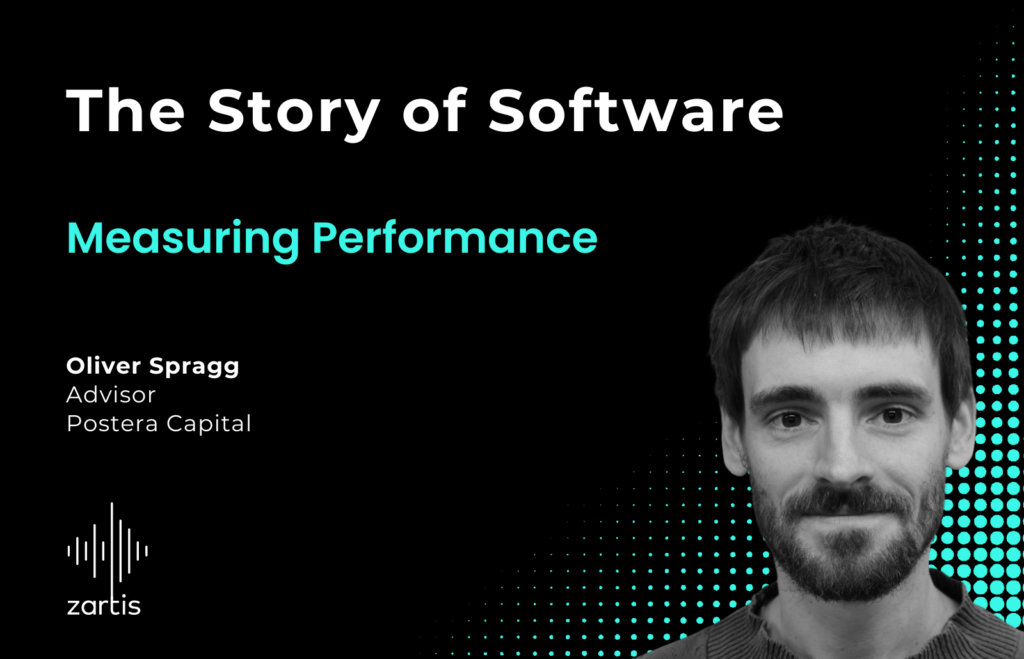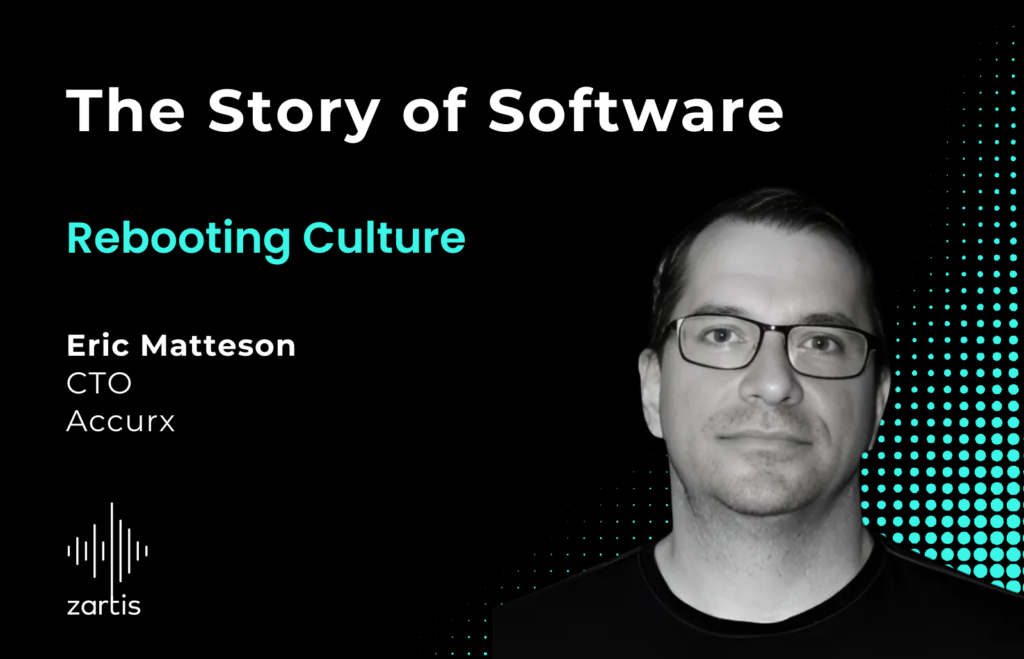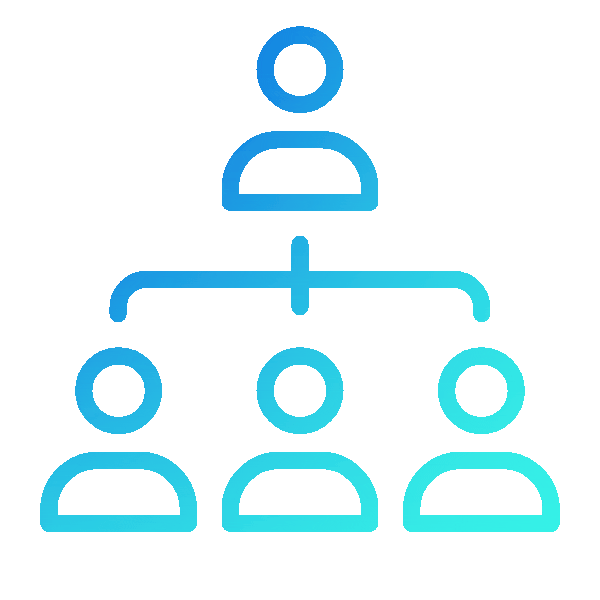Marco Hülsmann, Chief Operations and Technology Officer at MyPostcard.com, joins us to talk about business resilience and shares his insights on keeping your company alive when the world changes.
The Guest – Marco Hülsmann, CTO at MyPostcard
Marco is Chief Operations & Technology Officer at MyPostcard.com, one of Germany’s fastest-growing technology companies. MyPostcard is made up of an international team passionately and creatively upholding the postcard tradition in the digital age.
Business Resilience & Growth
From a global pandemic to geopolitical issues, the past few years have shown us that you need to have a resilient business model, and a unified team mindset to keep thriving. From various business considerations and strategies to promoting resilience and productivity within your teams – there are many decisions to be made that will determine how your business performs during uncertain times.
Some of the topics covered in the episode include:
- How to build business resilience in uncertain times
- Change management within software teams
- Tips on supporting team productivity & morale
- Leadership advice for today’s businesses
Highlight:
Transcript (abridged version):
[…]
Could you talk us through how you scaled up your systems to meet increased demand and then how you scaled up your teams in order to be able to develop those systems?
Yeah, speaking about systems and infrastructure first, we started with very small things in the past where we had one dedicated server back in the day. It has to be cost-effective at the very beginning, we migrated to a cluster a couple of years ago, which of course makes scaling a lot easier because we can just add further machines to our cluster. Due to the virtualization running on them, we can then just put loads on different physical servers. Plus, we also started a few years ago to put some crucial, and let’s say performance-intensive things, into microservices like our design shop, which has a very high API load. So, we are moving away from the typical monolith infrastructure in order to make different parts scalable individually.
We try to keep our team as lean as possible. So basically, we were trying the route of hiring people directly in Berlin, which became more and more challenging, as probably is the same for most industries by now. We have actually worked a lot with headhunters. We are working a lot on relocating people because mainly before COVID, it was still quite attractive for people to move to Berlin as part of their new job. […] The goal was always to actually move people to our office as much as we could, for the team feeling and the collaboration. We want them to feel part of our company, our culture, and our world. But, a few years ago, we decided to open a small tech hub in Guatemala. So we now have four people based in Central America.
I’d love to know a bit about how you looked after the morale of your team during this time. Were there active steps that you took? How did you go about managing them through that uncertainty?
Certainly, a lot of it was down to clear and good communication. I guess at the beginning of COVID, everybody in this world was somewhat afraid of a drop, because nobody knew what was going to happen. We moved to remote work very quickly. We did this and it was really cool for the team as well. They saw that we take care of them and want them to be safe. We moved from having weekly stand-up meetings to digital ones. I usually took part in those meetings at the end and spoke about the company, how we are standing, how stable we are, what challenges we see, what things are going well, etc. Basically, just having as open and honest communication as possible at the time, was what did the trick for us.
Is there any advice you would give to your younger self about life, business and leadership?
Absolutely. Something that I’ve learned over the past years is that sometimes it makes sense to run fast, make mistakes and learn from them – which I guess is pretty much a generic comment everybody would make, but when I started my career, it was more about thinking everything through to the end and trying to make something as perfect as possible before you even started. But looking back at the last few years, I think it’s a much better approach to actually not do it this way, but to also be happy with what you have. If something is 90% perfect, just try it out, because nothing is forever anyway. No matter how perfect we design, or develop something new, it will still change a lot within the next five years. So, I think this would probably be the biggest recommendation I’d have. Also, as I mentioned before about remote versus office work, I think having made this learning earlier wouldn’t have hurt me. Basically, to know that a remote team can work very efficiently, rather than just having everybody in one office.
[…]
—
You can find The Story of Software podcast on:
Apple Podcasts, Spotify, Stitcher, Deezer, & any other podcast platform of your choice.
The Story of Software Podcast is produced by Zartis. We hope you enjoy listening to this tech podcast and feel free to share any feedback with us: podcast@zartis.com







